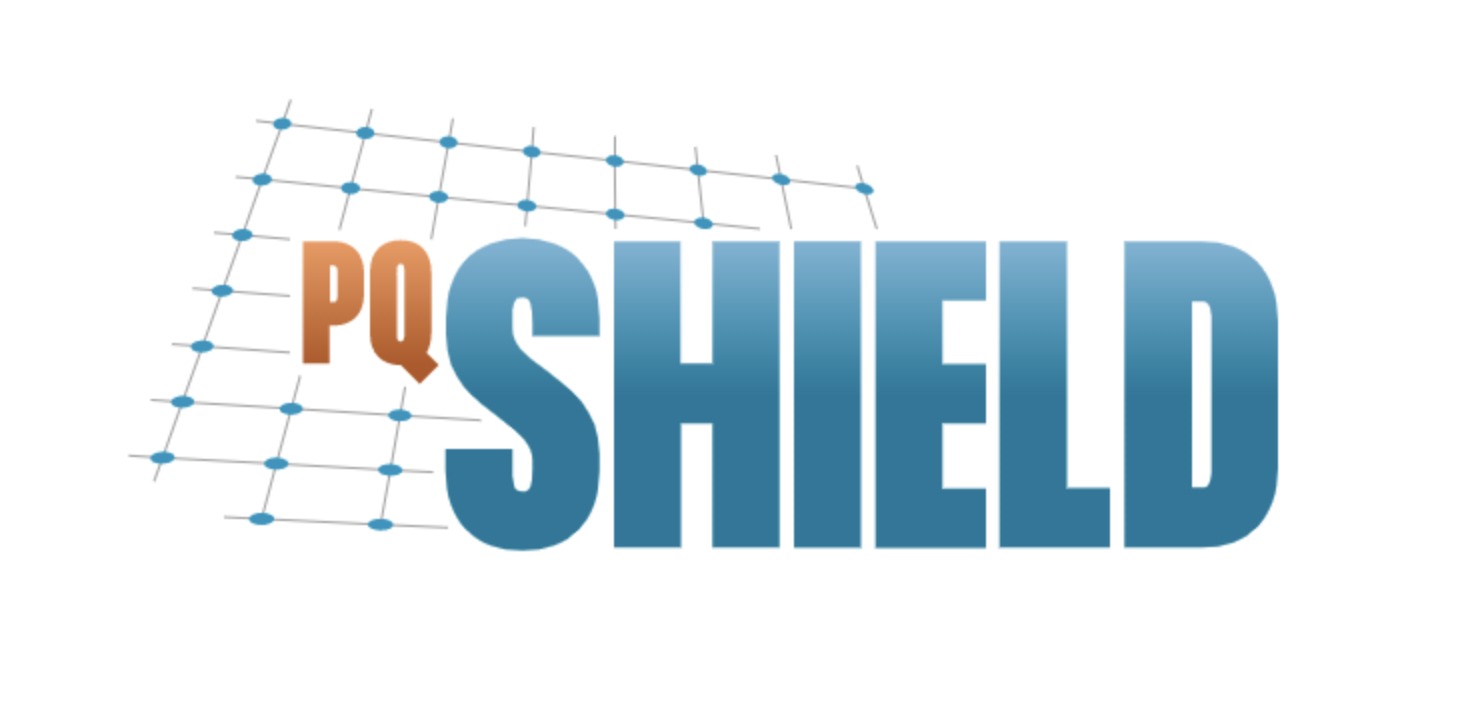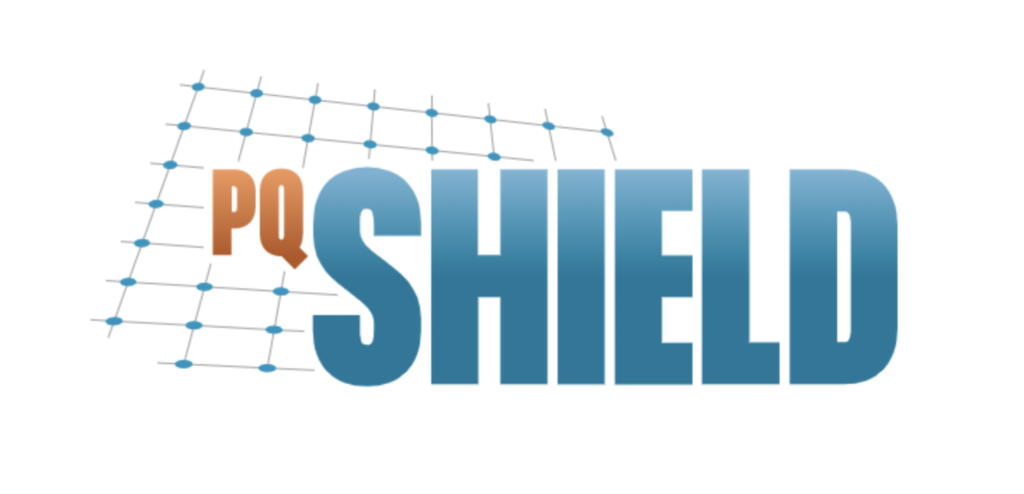PQShield Raises $37M for Cutting-Edge Quantum-Resistant Cryptography
PQShield, a leading cyber company specializing in quantum-resistant cryptographic solutions, has successfully completed a $37 million Series B funding round. The round was spearheaded by Addition and saw significant contributions from new investors Chevron Technology Ventures, Legal & General, and Braavos Capital, along with existing supporter Oxford Science Enterprises.
Bolstering Commercial Operations Amid Rising Demand

Image Source: hpcwire.com
The newly acquired investment will be pivotal in enhancing PQShield’s commercial operations as the global demand for post-quantum cryptography (PQC) solutions continues to rise. These advanced solutions are crucial for safeguarding hardware, software, and communications systems against future quantum threats. PQShield’s offerings include secure boot and update of devices, Hardware Security Modules (HSMs) for secure financial transactions, and military-grade communications systems.
PQShield is strategically positioned at the forefront of the global shift towards quantum security, a transition marked by the imminent ratification of PQC standards by the National Institute of Standards & Technology (NIST). These standards are also anticipated to gain adoption from the ISO. As governments and organizations worldwide are urged to migrate to PQC systems to protect sensitive data, PQShield’s role in the cybersecurity landscape is becoming increasingly critical.
Leading the Charge in Quantum Security
PQShield’s product suite has garnered attention from high-profile customers, including AMD, Microchip Technologies, and Collins Aerospace. The company is also heavily involved in advising governments, industry bodies, and cybersecurity agencies on transitioning to quantum security. Their advisory role extends to influential entities such as the White House and the UK National Cyber Security Council.
Todd Arfman, a partner at Addition, emphasized the strategic timing of their investment, stating, “As we approach the culmination of the NIST project, we expect newly-ratified standards to help drive rapid adoption of PQC across the technology supply chain. Led by an industry-leading team with decades of experience, PQShield has quickly established itself as a leading authority in post-quantum cryptography for hardware and software. We are excited to see the business continue to build on its existing commercial success and further enhance its efforts in protecting our digital future.”
Ali El Kaafarani, CEO and founder of PQShield, shared his enthusiasm for the company’s mission and the impact of the new funding: “I’m immensely proud to lead our team in shaping the way our digital world is protected against the threats of tomorrow. It no longer matters when a quantum computer will arrive that can break current cryptography methods: the need for quantum-resistant encryption is here today, as governments and standards agencies push to protect our most sensitive data.”
With this significant funding boost, PQShield is well-equipped to lead the charge in ensuring that the world’s digital infrastructure remains secure in the quantum era.

I am a law graduate from NLU Lucknow. I have a flair for creative writing and hence in my free time work as a freelance content writer.


